The Oscars Are Trash, But Yes I Still Watched
By Francesco Bacci, Art by Universal, Netflix, Focus Features, Paramount Pictures

Love them or hate them, the Academy of Motion Picture Arts and Sciences is still an institution. And even though they’re overrated plus far too commercial, I come back year after year to watch. Fortunately, in the five years since they were called out by Jada Pinkett Smith and countless others for #OscarsSoWhite, the Academy is slowly starting to reform its long history of institutionalized discrimination.
This year’s double wins for Chloé Zhao with Best Director and Best Picture (Nomadland) plus Mia Neal and Jamika Wilson taking home Best Makeup and Hairstyling (Ma Rainey's Black Bottom) are all firsts for women of color, but why did it take us so long to get here? And despite record-breaking nominations for women in the Best Director category, why have only two gone on to win in 93 years?
Like the 92 awards ceremonies before it, the Academy continued to overlook numerous gems of independent cinema, such as the timely documentary about LGBTQ+ rights Welcome to Chechnya, the critically acclaimed First Cow, and the abortion rights story Never Rarely Sometimes Always. I’m guessing it’s a mix of indie studios not having the budget to campaign and Academy voters being lazy and/or basic.
Don’t get me wrong, many decisions this year were fair. Best Picture Nomadland is a quiet and powerful story about grief and the consequences of a classist and capitalistic society. I love that it isn’t a mainstream or conventional winner, which is probably why it resonates with many people struggling through pain. Still, it’s disappointing that the two other socially relevant stories competing for the top prize, Judas and the Black Messiah and Minari, were only awarded Best Supporting Actor/Actress for Daniel Kaluuya and Yuh-Jung Youn, respectively. In fact, since the whole history of the Academy Awards is long overdue for an upgrade, here are the top five changes I would make to previous Best Picture winners that got it completely wrong.
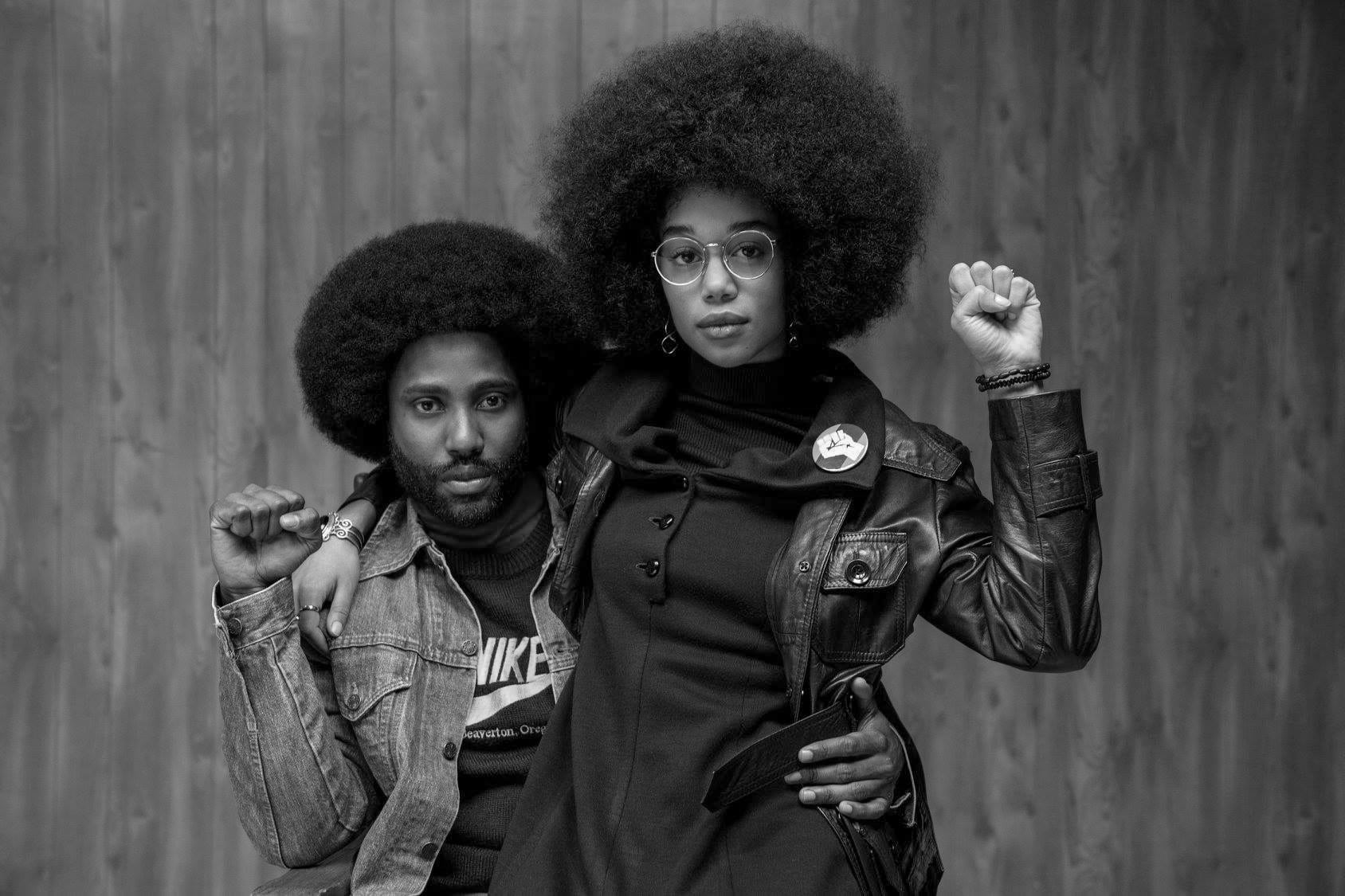
Image: Universal
2019 Winner: Green Book
Should Have Won: BlackKklansman
One of the most controversial victories of the 2010s, Spike Lee got up and left during the acceptance speeches. Green Book was criticized in many ways; mostly by Donald Shirley's family, who called the movie "a symphony of lies." In an interview with Shadow and Act, they recalled that Shirley was very much involved in the African-American community and specifically cited his participation in the march from Selma to Montgomery. Instead of crowning this historical revisionism, the Academy should have recognized BlackKklansman, a story that brilliantly balances different genres and highlights ultra-relevant subjects in a more graceful way than Peter Farrelly’s updated version of Driving Miss Daisy.
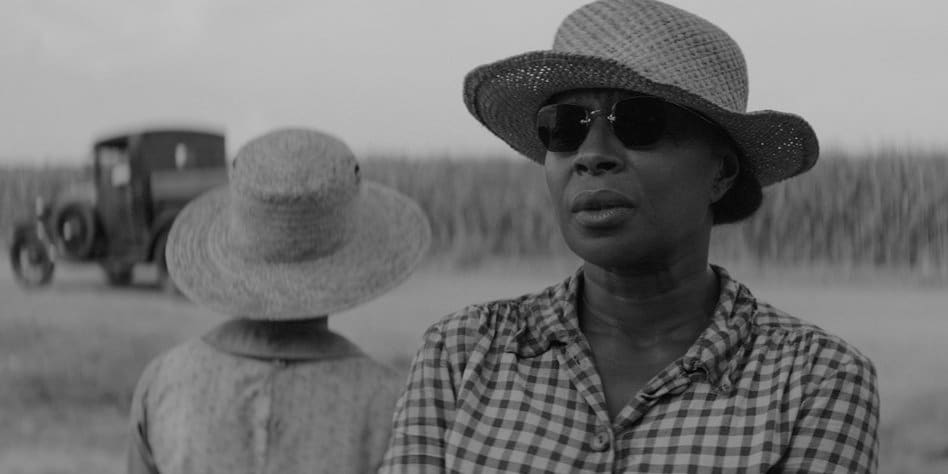
Image: Netflix
2017 Winner: The Shape of Water
Should Have Won: Mudbound
The Shape of Water may have won four Oscars for Best Picture, Director, Original Score, and Production Design, but did it really have anything to offer other than admittedly stunning visuals? Lacking three-dimensional and fleshed-out characters, Guillermo del Toro's film was not the real Best Picture of 2017. Dee Rees's Netflix release Mudbound was, an ambitious and complex story of two families in the American South. This multilayered film is a detailed snapshot of American history, depicting classism and racism in rural areas. In 2017, streaming platforms and their movies were still underdogs in the Oscar race, and an excellent movie directed by an African-American woman got unsurprisingly snubbed.
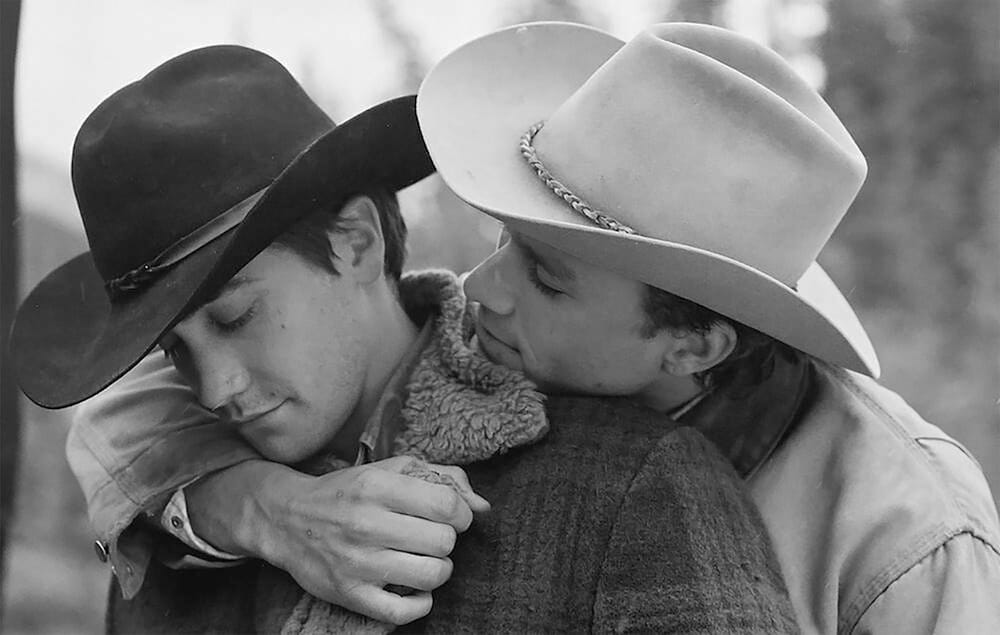
Image: Focus Features
2004 Winner: Crash
Should Have Won: Brokeback Mountain
In the early 2000s, Ang Lee transformed mainstream cinema after decades in which LGBTQIA stories struggled for critical or public recognition. Brokeback Mountain didn’t win Best Picture, but its universal tale of love nonetheless changed Hollywood. Still, it comes as no surprise that Academy members didn’t give the statuette to Lee’s film. Against all the odds and with no previous significant award recognition, Crash won the top prize instead. The movie has been quickly forgotten, and my bet is that the voters’ bigotry over the queer subject matter was the final push for Crash’s win.
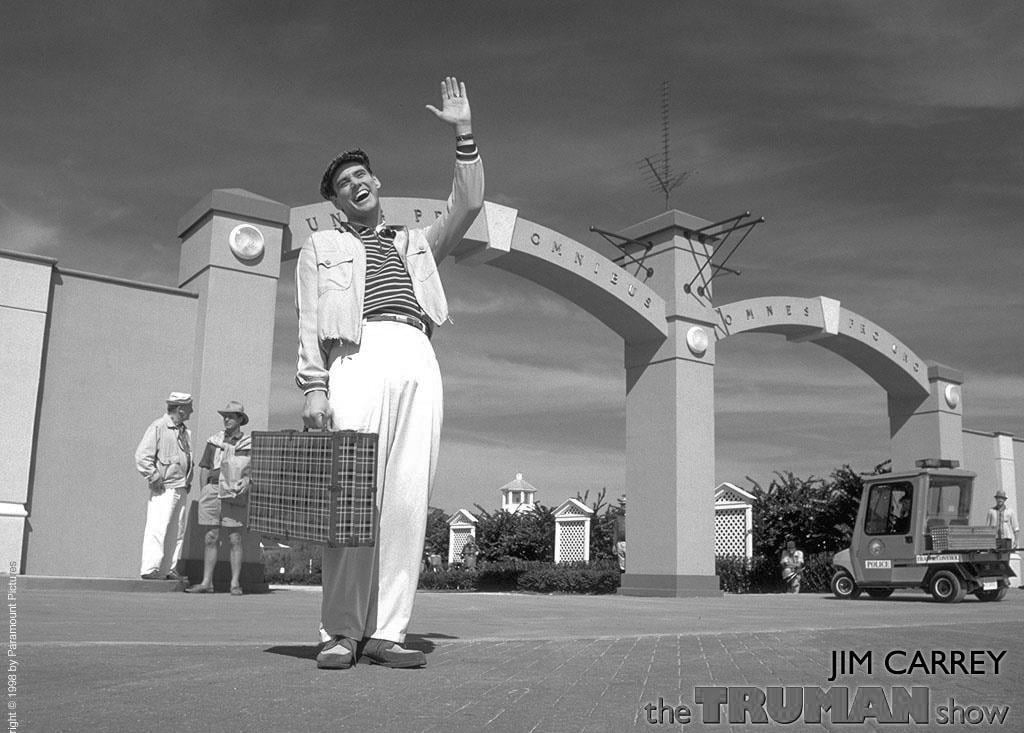
Image: Paramount Pictures
1999 Winner: Shakespeare in Love
Should Have Won: The Truman Show
After #MeToo, critics and fans should wonder how much Harvey Weinstein's bully campaign influenced the members in their decision to elect Shakespeare in Love Best Picture of 1999. Shakespeare in Love isn’t bad per se, but The Truman Show is infinitely better. It's Oscar bait vs. high concept philosophical movie, no doubt why the outcome favored the former. The Truman Show has had such a strong cultural impact and social relevance for its thought-provoking story that it is still relevant 22 years later. Meanwhile, the most memorable thing about Shakespeare in Love is eight minutes of Judi Dench.
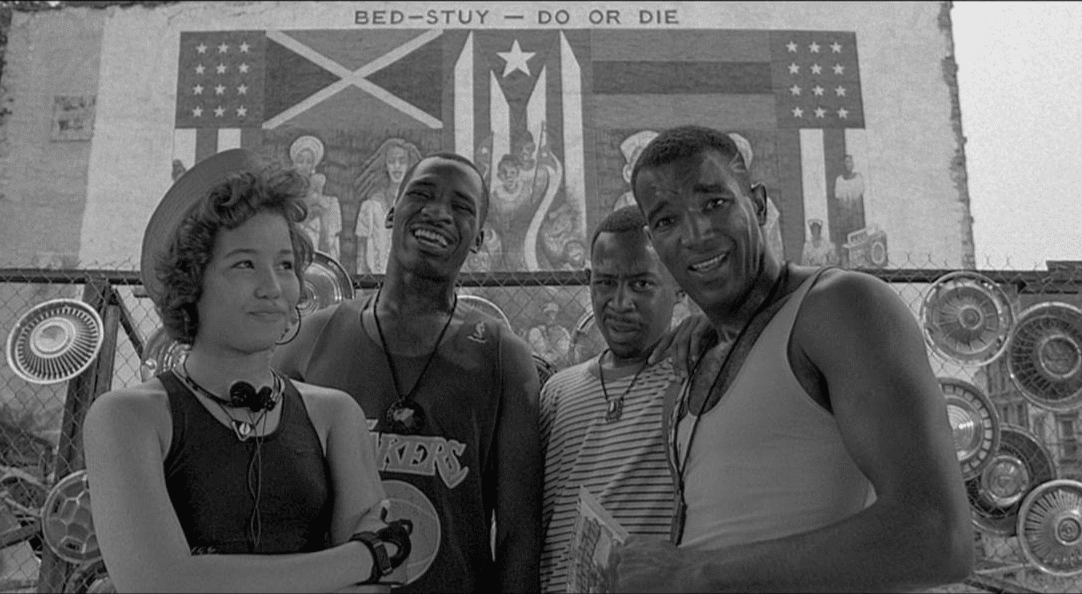
Image: Universal Pictures
1990 Winner: Driving Miss Daisy
Should Have Won: Do the Right Thing
Topping my list is another Spike Lee sub from three decades ago at the 62nd Academy Awards. The film that won revolves around an elderly white woman who starts a friendship with the good-hearted if stereotypical black chauffeur played by Morgan Freeman. The film that should have won is a proud and crucial movie that simultaneously depicts the agony of a history of oppression and celebrates the importance of African Americans' cultural achievements. Years later, when asked if they could change their votes by The Hollywood Reporter, Academy members still got it wrong by choosing My Left Foot over Do the Right Thing.
For all the groundbreaking nominations and victories this year, the Academy clearly has much further to go. I may not be an Academy member, not yet, but after fixing Best Picture, the next category on my list would be Best Actor/Actress. Anthony Hopkins and Frances McDormand over Chadwick Boseman and Andra Day? Yeah, no. And while I was at it, I would also update these gendered categories to finally give trans, nonbinary, and gender nonconforming actors the proper recognition they’ve been unfairly denied. The ceremony might finally be a little more diversified, but after #OscarsSoWhite it’s still #OscarsSoCis. Here’s to hoping for more changes to come.
Get DADDY in your Inbox
Stay in the loop by subscribing to our newsletter